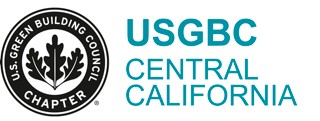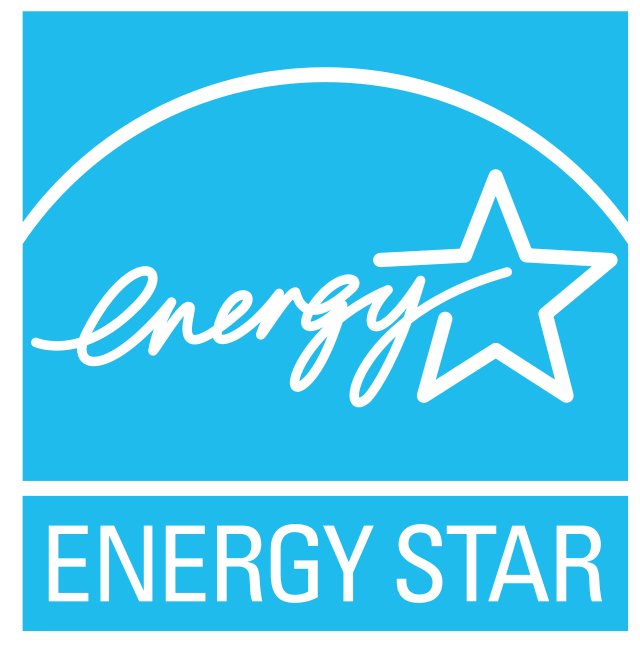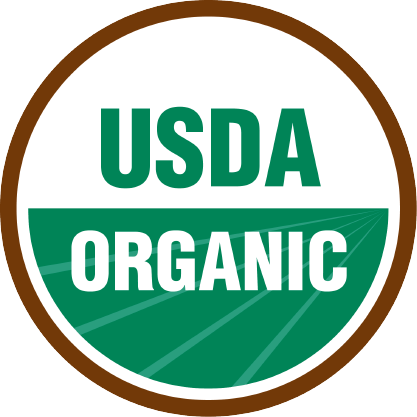.png)
Green Labels act as beacons of transparency, guiding consumers towards environmentally conscious choices. They serve as shorthand for complex sustainability information, providing quick insights into a product's eco-credentials. In a crowded marketplace, green labels empower consumers to align their purchases with personal values, fostering a sense of responsibility in consumption. Ultimately, these labels contribute to a collective effort to build a more sustainable and ethical global marketplace and help prevent greenwashing.
Types of Green Labels
Each type of label has specific criteria and standards, allowing consumers to align their preferences with the values promoted by the product. Understanding these distinctions enhances our ability to make informed choices.
Type I: 3rd party verification: 3rd party verified labels have checks and balances through 3rd party involvement and follow rigorous standards and protocols with focus on transparency.
Type II: Self-certification: Type II certifications are typically self-certified by producers or manufacturers and often look at more narrow environmental benefits
Goals of different ecolabels: Eco-Friendly Labels
Organic Certification
Sustainable Certification
GREENWASHING AND IT'S EFFECTS
|
Find more info about green labels
What to Look Out For Example 1: "Natural" Claims Watch out for products labeled as "natural." This term lacks a standardized definition and can be used misleadingly. Genuine sustainability often goes beyond merely being "natural." Example 2: Green Packaging without Substance Companies may boast eco-friendly packaging without addressing the overall environmental impact of their products. True sustainability considers the entire lifecycle, not just the wrapping. Example 3: Empty Eco-Buzzwords Be wary of vague terms like "green," "eco-friendly," or "sustainable" without concrete evidence. Legitimate green practices involve specific actions and verifiable claims. |
WHAT CAN YOU DO?
|
Are you located in the San Joaquin Valley? Invite our outreach team to join your community event or present to your club or group! For more information please sign up here or contact connect@usgbccc.org. |
The Green Labels Demystified program is founded with generous support of
USGBC-CC is a 501(c)3 non-profit organization. WET Center, 2911 E. Barstow Ave, M/S of 144, Fresno, CA 93740
© Copyright 2015 by U.S. Green Build Council - Central California. All Rights Reserved.

 Energy Start promotes energy-efficient products and practices to help consumers and businesses save energy, reduce costs, and lower their environmental impact.
Energy Start promotes energy-efficient products and practices to help consumers and businesses save energy, reduce costs, and lower their environmental impact. USDA Organic regulates organic farming practices, ensuring that organic food products are produced without synthetic pesticides or GMOs and promoting environmentally friendly and sustainable agriculture.
USDA Organic regulates organic farming practices, ensuring that organic food products are produced without synthetic pesticides or GMOs and promoting environmentally friendly and sustainable agriculture.